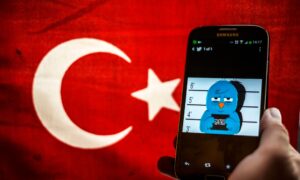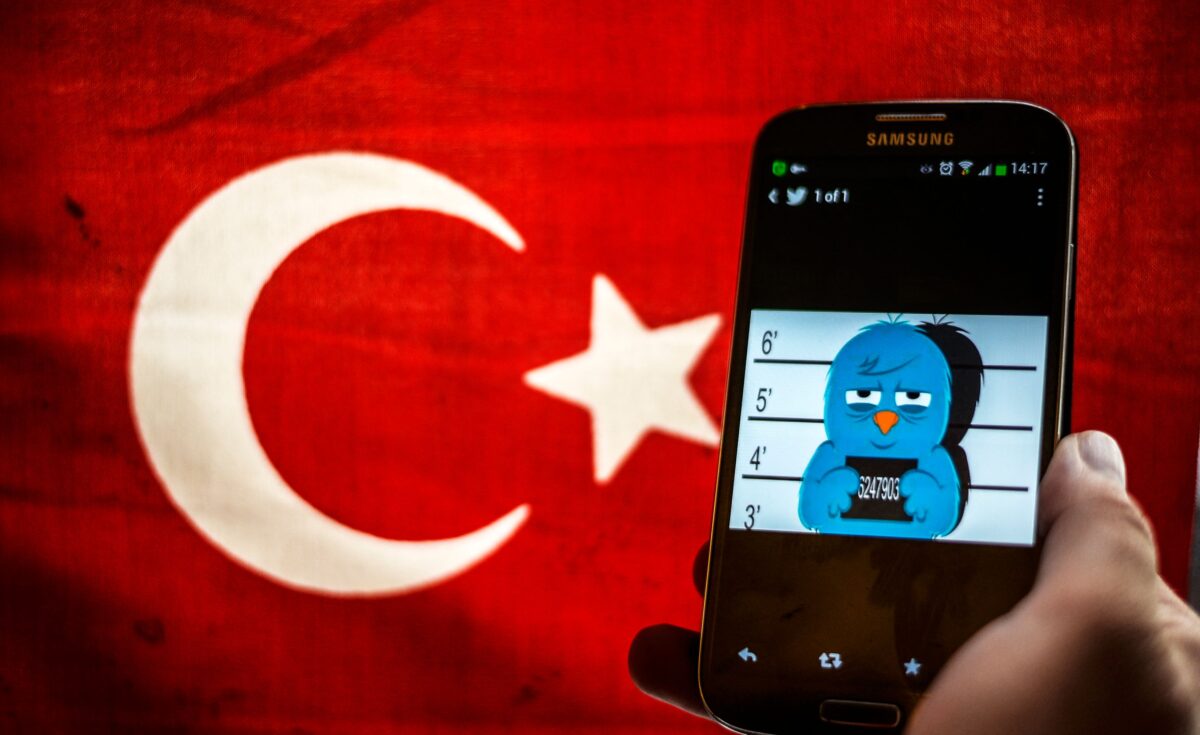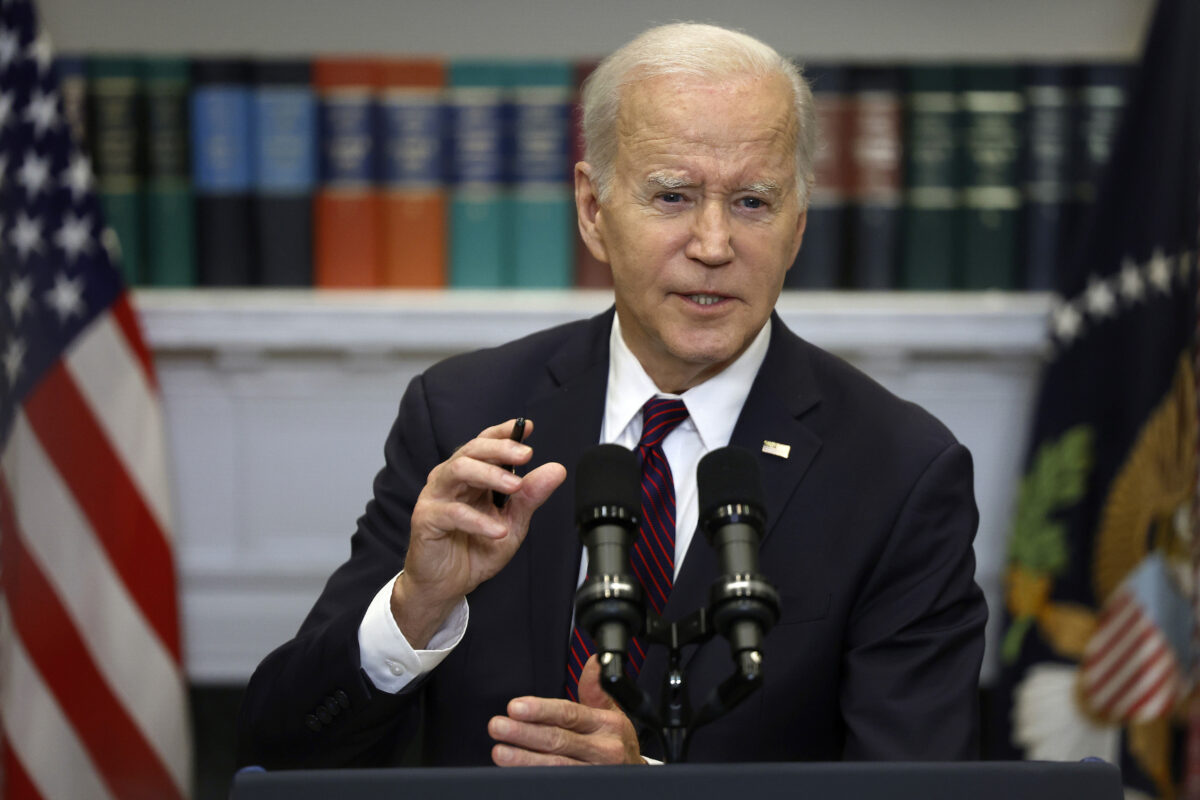
Twitter on Monday shared further details about why it restricted access to certain content in Turkey ahead of the country’s election, which took place on May 14.
The election is headed to a runoff scheduled for May 28 after neither of the two top contenders got more than 50 percent of the vote.
On the day prior to the election, Twitter announced it restricted access to “some content in Turkey” in a response to legal process, and “to ensure Twitter remains available to the people of Turkey.”
The move generated widespread discussion among Twitter users, with some critical of what they called censorship actions, while others expressing that there was little that the U.S.-based company could do to counter a foreign government’s threat to shut down Twitter in Turkey.
On Monday, Twitter said it was “sharing an update” on its approach.
“We were in negotiation with the Turkish Government throughout last week, who made clear to us Twitter was the only social media service not complying in full with existing court orders,” Twitter’s Global Government Affairs division said.
“We received what we believed to be a final threat to throttle the service—after several such warnings—and so in order to keep Twitter available over the election weekend, took action on four accounts and 409 Tweets identified by court order.”
“We communicated our concerns about freedom of expression directly,” Twitter said on Monday. “We will continue to object in court, as we have done with all requests, but no further legal action was possible before the start of voting.”
The social media platform said that five court orders have been issued against Twitter regarding its actions, and it had already objected to four of them. One of the objections has been rejected but the other three are still under review, Twitter said.
“We are filing our objections to the fifth order tomorrow.”
In subsequent posts, Twitter published the court orders and the Turkish internet content regulator’s correspondence relating to the action that Twitter took.
Turkey Has History of Censorship
Human Rights Watch, a New York-based non-profit, had noted on May 12 that Turkey’s government has a lot of power to control the internet and “impose restrictions such as arbitrarily removing content critical of [current Turkish President Recep Tayyip Erdogan] or the government party,” and has had a history of doing so in the past, including by threatening to “throttle platforms that don’t comply with take-down demands.”
Turkish-born NBA player Enes Kanter Freedom criticized current Twitter CEO Elon Musk over the platform’s action. “I don’t want to hear about Elon Musk talking about free speech ever again. He’s literally bowing down to a dictatorship,” he said on Monday during an appearance on “CNN This Morning.”
“The Turkish government called Elon to pretty much tell him to, ‘If you don’t ban a couple accounts, then we’re going to shut down the whole app in Turkey.’ And he picked business and money over his morals and principles. So I don’t want to hear about him talking about free speech ever again. He was wrong for that, for sure.”
Musk had defended the decision to restrict content on Twitter, having responded to a Bloomberg reporter about the matter on May 13, saying: “The choice is have Twitter throttled in its entirety or limit access to some tweets. Which one do you want?”
Robby Starbuck, a Cuban-American who ran in the Republican primary for the U.S. House for a seat to represent Tennessee in 2022, weighed in at the time, writing: “Turkey isn’t the US … I think most understand you can’t do the same there that you’d do here [in the United States]. Pragmatism = keep as much access to information as you can within the confines of their system of government.”

















































